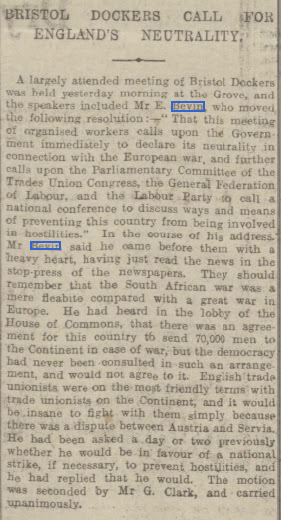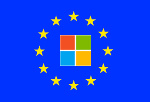DRIP: a drippy response from my MP

Stephen Williams’ response is reproduced in full below.
The only comments I will make on his email is that like the Home Office propaganda it persistently parrots, it is wholly unsatisfactory and inadequate as a response. It’s full of scarcely credible weasel words, as well as being well stuffed with Liberal Democrat self-promotion, which is never a pretty sight. Finally, I was flabbergasted by Williams’ definition of ’emergency legislation’.
Data Retention and Investigatory Powers Bill
Thank you for getting in touch with me to share your concerns about the Data Retention and Investigatory Powers (DRIP) Bill. Over the course of this email I would like to outline why I voted in favour of the legislation, along with the vast majority of MPs from all three main parties.
First and foremost, this legislation is about retaining existing powers, not creating new ones. It also contains a significant number of new safeguards, thanks largely to Liberal Democrat pressure and involvement from my colleagues Simon Hughes, the Justice Minister, and Julian Huppert, the Lib Dem Home Office spokesman in the Commons and a former board member of Liberty.
It is clear that a balance must be struck between protecting civil liberties on the one hand and ensuring the safety of society on the other. Ultimately, I believe that our security forces must have certain powers at their disposal to counter domestic and international threats. However, there must be limits to such powers and the key factors here are regulation and transparency. That is why I am pleased that there are a number of checks and balances included in the DRIP Bill that will ensure tighter control over data retention and increased transparency.
One of the main reasons why the European Court of Justice (ECJ) struck down the Data Retention Directive was because it contained no adequate safeguards. When we implemented the Directive, we embedded it in to a set of pre-existing laws, which already included a range of safeguards, and ensured that access to stored data had to be necessary, proportionate and for defined purposes. This framework complied with the European Convention on Human Rights (ECHR) and we had already applied many of the safeguards that the ECJ was calling for.
The government’s proposals introduce further safeguards on top of this, the most significant of which is that the legislation is time-limited. It is to expire at the end of 2016 and at this point would need further approval by Parliament to continue.
Liberal Democrats in government have also secured a further package of checks and balances, including the establishment of a Privacy and Civil Liberties Oversight Board, further reform of the Intelligence and Security Committee, compulsory annual transparency reports and the restriction of the number of public bodies (such as councils) that are able to approach phone and internet companies for communications data. In addition, the Independent Reviewer of Terrorism Legislation is to carry out a review of our communications data and interception laws as part of the proposals. I believe that these are all important reforms in order to ensure that the government, or indeed any other body, cannot and does not disproportionately infringe on people’s privacy.
In response to the ECJ ruling, we included a range of measures in the technical regulations that accompany the Bill. These include oversight of data storage by the Information Commissioner, and a more flexible system that will allow for shorter retention periods than 12 months where appropriate. We are confident that these changes will mean that our data retention laws will be compliant with the court ruling and with the European Convention on Human Rights.
The Liberal Democrats and I care passionately about civil liberties, privacy and the need to limit abusive state surveillance. Since entering government we have resisted, and will continue to resist, anything that might give rise to a “Snooper’s Charter”. While we accept that there is a need for the police and intelligence agencies to have the tools to do their job, we must of course ensure that these tools are very carefully controlled, appropriately used and proportionate to the threat faced. It is a balance.
Many people have questioned the need for such reforms so promptly. It is true that the UK is not in a state of national emergency but that is not what this legislation is about. Emergency legislation means that the Bill is being brought through on an accelerated timetable, in this case because if we did not act now, internet and phone companies would imminently start deleting data and refusing to service interception warrants. This in effect would harm the ability of our security services to bring criminals to justice and keep us safe.
I am proud of the Liberal Democrats record in government and, unlike previous administrations, we have done much to support and defend civil liberties. We have scrapped ID cards, ended 28-day detention without charge, curtailed stop and search powers, ended routine child detention for immigration purposes, reformed the libel laws to protect free speech, and much more. If it was down to us we would have made even more progress but these measures, and in this case the several safeguards included in the DRIP Bill, would simply not have happened without us in government.
I hope that you have found this response useful. Please do not hesitate to contact me if I can be of further assistance on this matter, or any other.
Yours sincerely,
Stephen
Stephen Williams | MP for Bristol West



 The news was the Department for Business, Innovation and Skills
The news was the Department for Business, Innovation and Skills 




 The European Commission has recently renewed its commitment to a proprietary desktop and secret file formats, the
The European Commission has recently renewed its commitment to a proprietary desktop and secret file formats, the